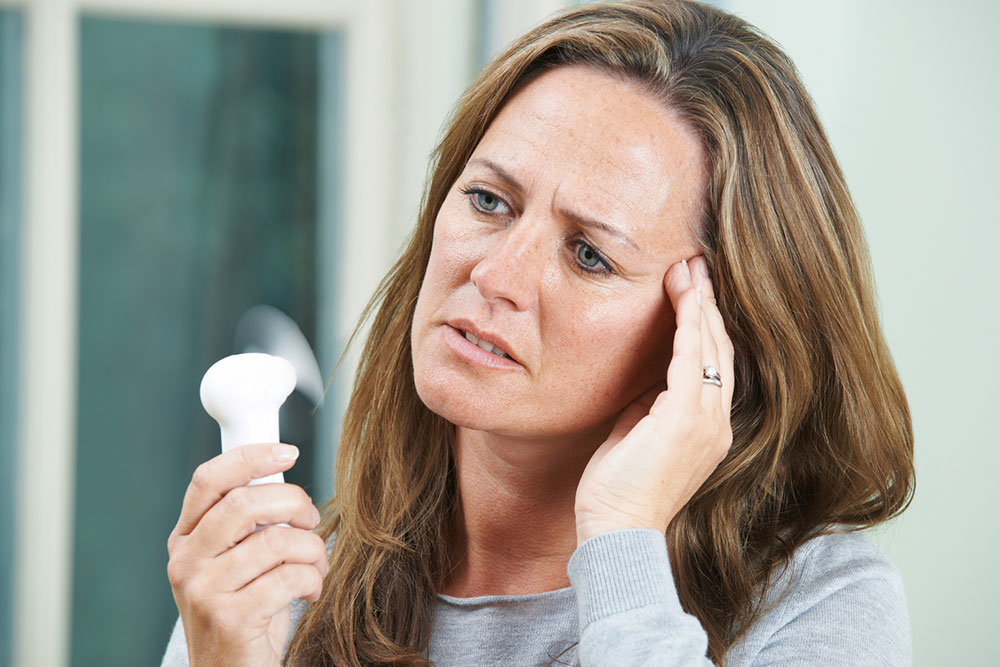How to deal with post-menopausal vaginal dryness
Every girl is born with a definite number of egg cells. By about 45 to 55 years this stock is exhausted. Menopause is caused by drastic changes in the levels of female hormones. By the time menopause sets in, these hormones have dropped down to very low levels. The one of concern is the level of Estrogen. Estrogen has beneficial influence on heart and bone tissues besides organs of urinogenital system.

Some women do not suffer from any serious ill effects of this and they lead regular, comfortable, normal lives. A regular sexual activity does compensate the ill effects of estrogen deficiency. Sexual activity does not produce estrogen. The compensation comes from increased blood circulation which helps keep up the health of these organs. Women who have never given transvaginal births are more prone to vaginal atrophy. The reduced levels of estrogen leads to thinning of the vaginal wall, loss of its elasticity, and even shortening.
It may after all be a good practice to keep one’s sex life as normal as possible through the transitional years for benefits in postmenopausal life. The main symptoms of vaginal atrophy are vaginal dryness due to decreased sections, vaginal burning during coitus and urination, urge incontinence, vaginal infections due to the change in pH of the vagina lack of lubrication during the sexual act, slight bleeding, increased incidents of urinary tract are some of the important ones. Surgeries like bilateral oophorectomy, the removal of both the ovaries, pelvic radiation therapy chemotherapy as side effect to hormone therapy for breast cancer, complete sexual abstinence, smoking are some of the known causes for postmenopausal vaginal atrophy.
Recent research has shown fitness levels of women have a marked effect on menopausal symptoms. Those who had exercise regimes and improved their fitness levels benefited a great deal.




